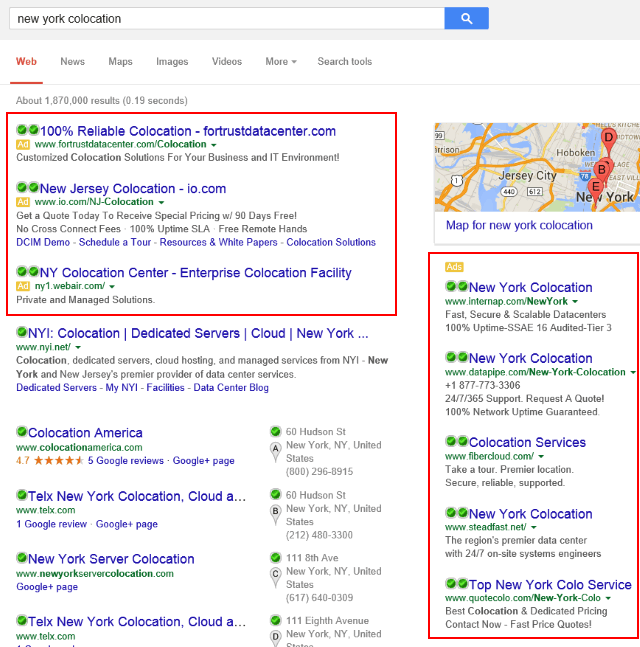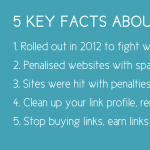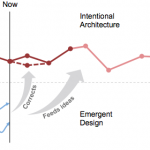Rants, Rage and Recovery
Yes, Google’s spam detection algorithm isn’t perfect, and it will never be perfect. The Penguin algorithm initially rolled out on April 24, 2012. The goal of Penguin is to reduce the trust that Google has in sites that have cheated by creating unnatural backlinks in order to gain an advantage in the Google results. While the primary focus of Penguin is on unnatural links, there can be other factors that can affect a site in the eyes of Penguin as well. Links, though, are known to be by far the most important thing to look at.
When it comes to its search engine, Google is interested in two things: search results quality and money. And being a business owner myself, I’d dare to say that money is probably more important for Google than its search results quality.
In fact, these two aspects are intertwined, because if people lose trust in Google’s search results quality, they will stop using its search engine, and the advertisers will stop paying for ads.
So how do you maximize earnings if you own a search engine? You add as many paid ads slots as you can to the search results pages, while removing as many organic search results as you can. It’s a fine art; you have to keep the shareholders happy by earning more money, while making regular people believe that the search results aren’t biased at all.
Right now, Google displays a hefty amount of ads in profit-producing niches – see for yourself:

Basically, the niches where the AdWords CPC is big are filled with ads, results from Wikipedia, and so on, leaving only a few spots for organic search results, people that have ethically promoted their website, making it reach one of the top spots. On the other hand, the organic search results are crystal clear if people aren’t selling and buying anything in that particular niche.
Google is still trying to figure out the winning mobile advertising formula, but it looks like the experience that’s achieved while cramming a full site onto a small screen isn’t always pristine. And with mobile devices becoming more and more popular, it looks like Google’s search engine profit will not grow that much in the future.
As mentioned above, each penalty wave makes a few SEOs give up and a few website owners move from search engine optimization to AdWords. My guess is that Google wants to convert as many people as possible to paid search, but it needs to keep displaying some organic results on its pages as well.








No Comments on this Post.Be the first